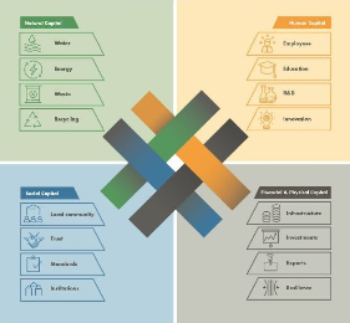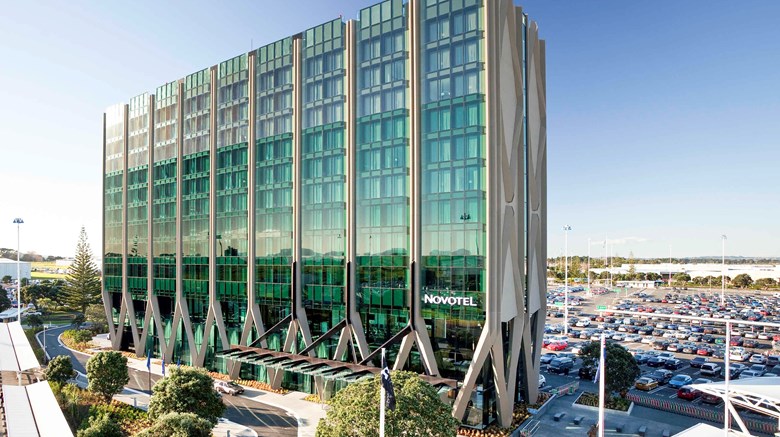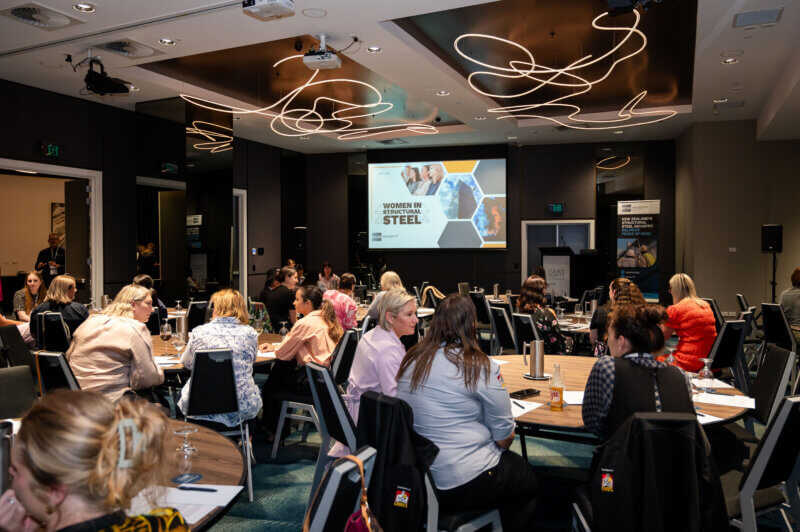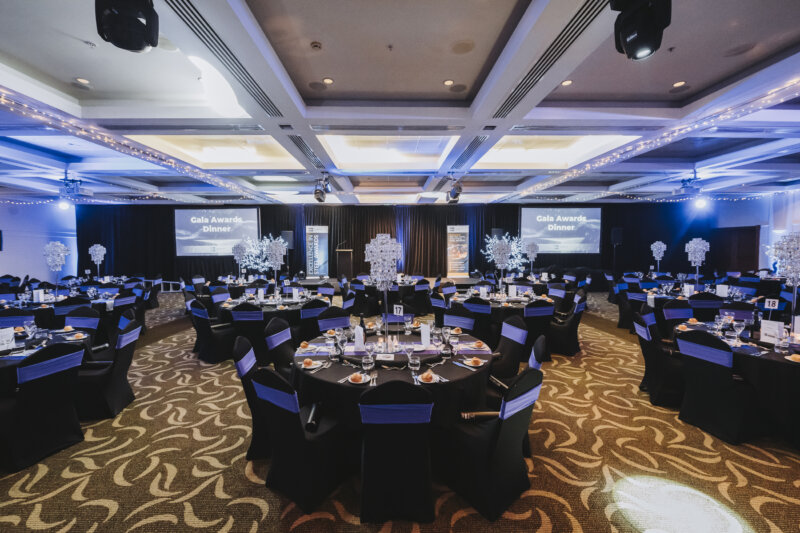A new report commissioned by HERA shows that the NZ metals industry is a strong contributor to the NZ economy and the living standards of New Zealanders.
It was prepared by leading economic research and consultancy company Business and Economic Research Limited (BERL) using Treasury’s Living Standards Framework (LSF). We understand the NZ metals industry is the first industry to review its performance against the LSF inter-generational wellbeing assessment.
A strong contributor to the economic performance of our nation
In terms of the conventional economic metrics, the metals industry is making a significant contribution to wellbeing in New Zealand.
The manufacturing component of the industry alone currently provides almost 30,000 full-time equivalent (FTE) jobs and generates around $3.3 billion in gross domestic product (GDP) each year.
The non-manufacturing component (which includes diverse activities such as research, consultancy and services that support manufacturing), can’t be measured in the same way. However, it adds significantly to the economic contribution.
A strong contributor to the wellbeing of our nation
The BERL report shows that our industry’s contribution to wellbeing in New Zealand is considerably greater than the conventional metrics reveal. By describing and illustrating how the industry helps to develop and sustain each of the four capitals in the LSF, it demonstrates that we promote wellbeing in a much broader sense.
What is the LSF and how does it differ to conventional economic frameworks?
The LSF is still being developed and isn’t yet a fully operational tool. It’s been based on OECD research and Treasury has been developing it since 2011. In brief, it rests on the notion that inter-generational wellbeing depends on the growth, distribution and sustainability of four interdependent capitals:
- Human,
- Social,
- Physical and financial, and
- Natural.
Wellbeing associated with using the four capitals can be measured in terms of a diverse set of current wellbeing indicators. This includes such things as the proportion of dwellings with basic amenities, air and water quality, personal income, life expectancy, and a range of others.
All indications suggest that the LSF will be used to assist Government in determining investment priorities and may form a key part of the 2019 Wellbeing Budget.
So – how is our metals industry helping to develop and sustain New Zealand’s wellbeing?
The report shows that our industry helps to develop and sustain New Zealand’s financial and physical capital. This is primarily through the supply of vital goods and services used in investments in transport infrastructure, construction and building. Beyond their volume or value, our industry adds to the quality of the investments by increasing the resilience of the built environment and by enhancing the performance of structures and buildings.
We help to safeguard natural capital by working to reduce raw material inputs and harmful emissions, promoting and adhering to environmental standards, and conserving air and water quality. Perhaps most conspicuously, the industry safeguards natural capital because the principal metals it produces and uses can be recycled over and over again, without degradation.
We also make a diverse contribution to human capital. Beyond providing tens of thousands of livelihoods, we contribute to the development of skills and knowledge in the workforce though the provision of traineeships and apprenticeships. As well as ongoing training and development for employees in subsequent stages of their careers.
Research and development and standards development activity takes place in all parts of the industry (i.e. in metals manufacturing and in the various supporting activities).
It’s also evident that we have effective mechanisms for sharing the outcomes of R&D and promoting adherence to existing and new Standards. These mechanisms, combined with collaboration between players in different parts of our industry, enhance the value of their outcomes.
Social capital has a range of different aspects, but doesn’t have a precise definition. However, our contribution in terms of several of the aspects can be illustrated. In particular, we’re making significant philanthropic contributions. We are also supporting our local communities in other ways, such as sports sponsorship. In addition, we promote trust within the industry, our customers and the general public, through the development and implementation of standards.
Click here for more information.

Infographic showing the aspects of the four capitals that the metals industry contributes to








